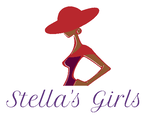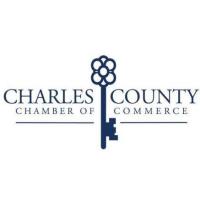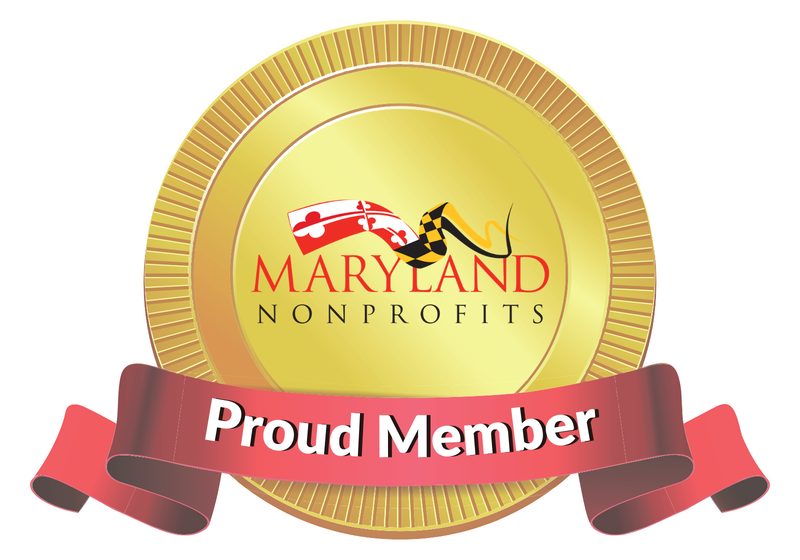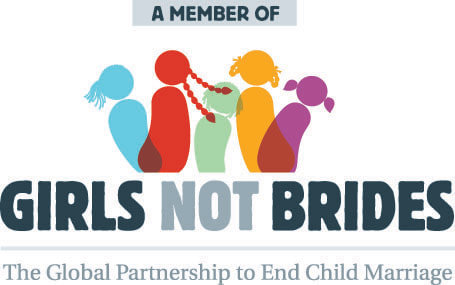Period Poverty - A Killer of Women and DreamsPeriod poverty is when a young woman of any gender preference experiences a lack of water, sanitation, or hygiene (WASH) products at her disposal. With no access to these necessities during their periods, girls are in peril. They are in danger of infection, disease, reproductive problems, and even death from not having access to basic human necessities. Lack of WASH affects greater than 1.2 billion women and adolescents globally each year. That’s roughly 1 in 4 women in the world, both in developed and developing countries alike. Five hundred million girls and women have problems getting menstrual hygiene products every month. For the homeless and impoverished in the US, the UK, and Australia, poverty exists in every locality. Women in developing places like Liberia, among many other countries find themselves in dire and sometimes deadly situations because of period poverty. Period Poverty is EverywhereEvery country in the world experiences period poverty among the poor and disadvantaged. In the US, young women who are homeless or live in poverty are disregarded and unthought of when it comes to menstruation. But period poverty is an unseen problem in every locality. Food banks don’t provide hygiene products, food stamps don’t cover them, and food drives don’t ask for them. Girls in the US who can’t afford period products use socks filled with tissue or just the tissue itself at school. They tie sweatshirts around their waists in case they bleed through their clothes. Those with a heavy flow can’t go to school at all. Impoverished women and especially young women who have families to support find it hard to get jobs because of period poverty. Pads’ prices are beyond what they can afford. Schools in 30 states now offer hygiene products to their students. Prisons have started to do the same. There are movements across the US for Officials to make period products available to these populations. Period Poverty is GlobalIn many countries, there is far less WASH for the poor than in the United States. There are more significant stigmas and risks attached to menstruation. In India, women are banned from places of worship. Periods are taboo. Many women have never seen a pad or know what one is. Because of the stigma in Indonesia and Nepal, women are required to sleep in animal huts while they menstruate, sometimes freezing to death. Clean running water is a luxury many women don’t have. Soap is less easily accessible than water. And hygiene products are exorbitantly expensive. There is no way to stay clean. "“Period stigma is both a cause and consequence of gender inequality and can have a serious impact on girls’ life chances." - Rose Caldwell, chief executive of Plan International UK Liberian women experience a great deal of period poverty. Women and girls have to stay home because there is nothing to use as a pad. With the lack of WASH and the high price of the menstrual products are included, period poverty is a public health threat of grand proportions. In Liberia, conditions for women are particularly harsh. Half of the women there have suffered some form of SGBV or sexual and gender-based violence. When they can’t leave their homes, that risk increases by 20%. Girls miss and drop out of school for fear of ruining their only school uniforms or having ruined them already, cutting off any chance they have to get an education. Now that the global pandemic of COVID-19 has hit, the situation is even more serious. Instead of hygienic products, young women use corn husks, dirty rags, and even animal feces, so they don’t bleed on their clothes and home during their periods. Infection, infertility, and death happen because of this. Women aren’t educated in menstrual hygiene practices, nor do they have the materials to stay clean. Only the well-off can afford the prices for pads and tampons in the shops if there are any. Period Poverty and COVID-19Since COVID:
The COVID-19 virus has exacerbated the issue of period poverty everywhere, exponentially. Where there were government subsidies, there aren’t anymore. Aid that was there isn’t any longer. There are no resources available to these women, except for the grassroots and nonprofit organizations that work in these communities and countries, despite the danger. Although not many, there are organizations to alleviate period poverty women face in the onslaught of period poverty compounded by the Pandemic with which all of us are dealing. Where Stella's Girls Fits InThe Red Flower Code - Stella’s Girls combats period poverty in Southern Maryland. We recently gave hygiene products, bras, and panties to the homeless and impoverished populations in that area. COVID-19 has made period products more expensive at all stores, especially those in underprivileged communities. We are expanding every day. In Liberia, we’ve already educated and provided materials for 200 young women to make their own reusable pads that last for up to a year. The girls that know how to make pads are teaching others, expanding our programs every day. We recently initiated a program in Sierra Leone to fight period poverty. Supplies for each girl, per year, are $25. This isn’t a high price for most people reading this, but a year-long dream come true for a young woman trying to exercise her human right to go to school. You can donate to save a girl here. We appreciate anything you can give, even if it is a Like or Share. Women need to know what they are up against. Educate. Empower. Lead. - Stella's Girls, Inc
3 Comments
John
9/14/2023 04:33:34
Thanks for sharing
Reply
9/14/2023 04:35:03
Everyone will get a chance to win free rewards by taking Kohlsfeedback survey.
Reply
vinny
12/27/2023 20:14:09
Thanks for sharing
Reply
Leave a Reply. |
JOIN THE CONVERSATION
|
Subscribe to our Newsletter
for more Stella's Girls info! |
STELLA'S GIRLS, INC., is a tax-exempt public nonprofit
(federal tax ID #81-4402162). All contributions are tax-deductible to the extent allowable by law. No goods or services were provided in exchange for your generous financial donation. Copyright © 2023. All Rights Reserved. |
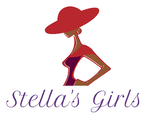
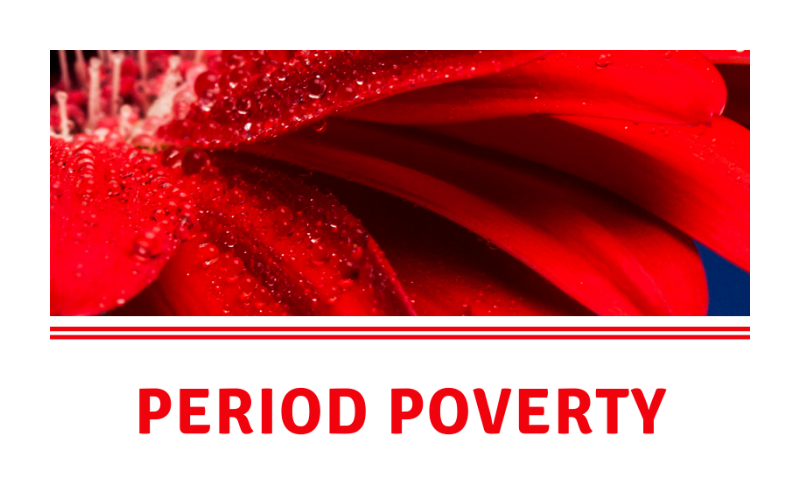
 RSS Feed
RSS Feed




